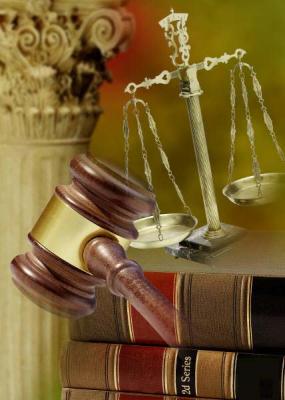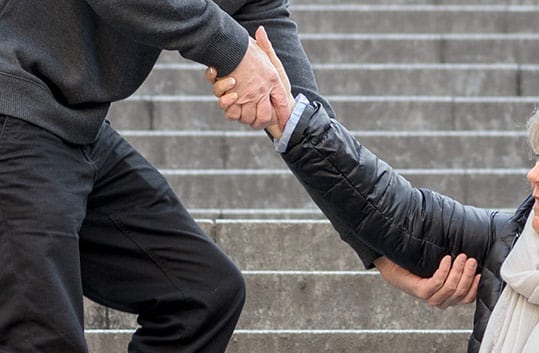 Suppose, for a moment, that you hire a lawyer to represent you in a personal injury case. You received multiple fractures when a tractor trailer came across the center line into your lane of travel. The lawyer tells you he is confident he can generate a large settlement, but that it may take some time because the truck driver claims you came into his lane of travel. He intends to hire an accident reconstructionist to prove that your version is the correct one.
Suppose, for a moment, that you hire a lawyer to represent you in a personal injury case. You received multiple fractures when a tractor trailer came across the center line into your lane of travel. The lawyer tells you he is confident he can generate a large settlement, but that it may take some time because the truck driver claims you came into his lane of travel. He intends to hire an accident reconstructionist to prove that your version is the correct one.
And so you wait. And wait. And wait. Your calls are returned, but nothing seems to be going on. You are frustrated, but confident your lawyer knows what he is doing. You trust that it all will end well. But it doesn’t. Three years pass and one day your lawyer calls to inform you that he is mortified, but he failed to put your case in suit within three years and now your claim is barred by the Statute of Limitations. You may no longer sue the trucking company or its driver. You have lost your claim.
Outrageous? To be sure, but unfortunately it happens more than members of the profession wish to admit. And, indeed, you have lost your claim against the trucking company and its driver. But you are not without a remedy, because the reason your claim is barred is a direct consequence of the negligence of your lawyer. You now possess what is called a Legal Malpractice claim.
Legal Malpractice claims are different than other negligence cases because they are really two cases rather than one. To prevail, you must prove that your lawyer deviated from good and accepted legal practice. On our facts, that proof is not difficult. Your lawyer let the three year statute of limitation run without suing your case. That part of your Legal Malpractice case is a slam dunk.
But the lawyer handling your Legal Malpractice claim must prove more than the prior lawyer’s negligence. He or she must also prove the original case. There are two cases, then, that your new lawyer must prove: one against your former lawyer and one against the trucking company and its driver. And on the facts I have offered, the second part of your case may be problematic because there will likely need to be a trial to determine whose account of how the accident occurred is truthful.
The trucking company, if there is any basis for believing the version claimed by its driver, will likely hire its own accident reconstructionist to come testify that the physical evidence (photographs, debris, vehicle damage, etc.) point to the impact as having occurred in the trucker’s lane of travel. They will seek to discredit your version of how the accident occurred. What will be different, however, is that the defense lawyer will be a person hired by your first lawyer’s malpractice insurer, not by the insurance company for the trucking company.
This case can still settle. Most do, particularly if the physical evidence does not strongly support the trucker’s version. But in the hypothetical case I have created, it is likely that the physical evidence was at least equivocal if not supportive of the trucker. That would help to explain why three years passed without the trucking company’s insurance carrier having made a significant settlement offer.
Legal Malpractice litigation is more complex than garden variety negligence litigation. Not many lawyers have experience prosecuting these cases. The Ziff Law Firm has been handling Legal Malpractice claims and obtaining good results for years. We would be happy to have a look, without charge, at yours.
Thank you for reading,
Carl
_________________________________________
Carl T. Hayden, Attorney
Fellow of the American College of Trial Lawyers
Ziff Law Firm, LLP
303 William St., Elmira, NY 14902
Phone (607) 733-8866
Fax (607) 732-6062
Toll-free 1-800-943-3529
mailto:chayden@zifflaw.com
www.zifflaw.com


